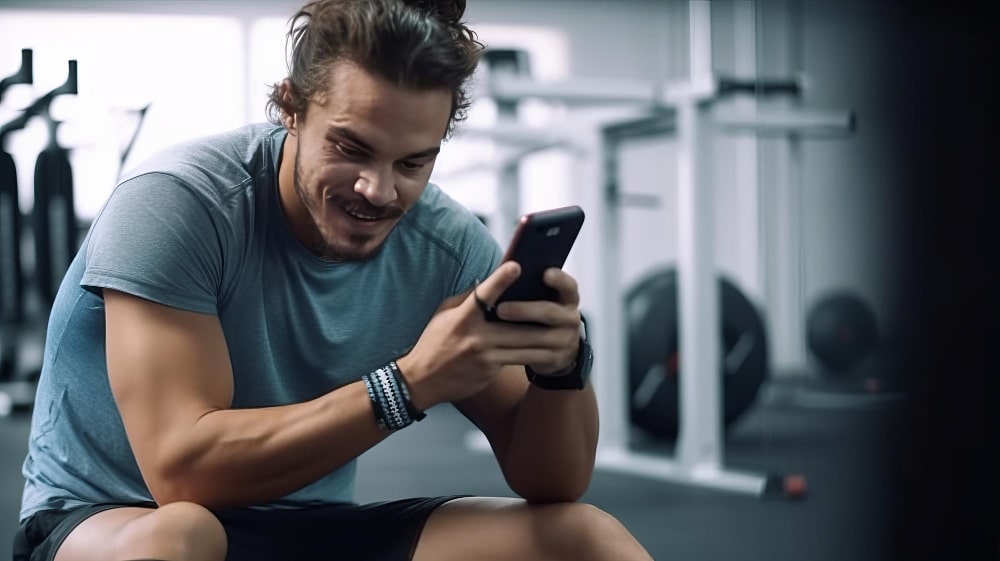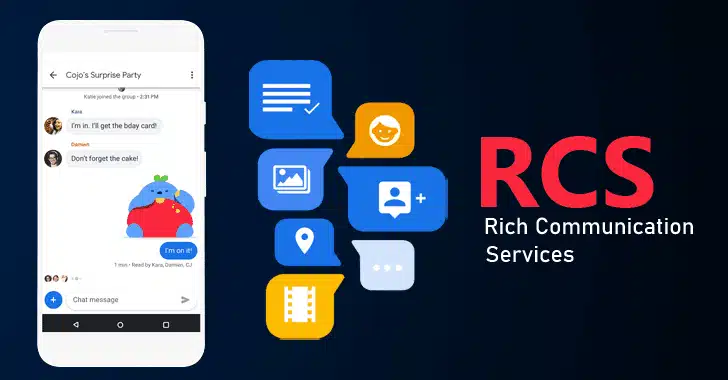Table of Contents
- 1 The Power of Text Messaging for Coaches
- 2 Benefits of Text Messaging for Coaches
- 3 How to Implement Text Messaging for Coaching
- 4 Case Studies: Success with Text Messaging in Coaching
- 5 List of Sports for Coaches
- 6 Best Practices for Text Messaging in Coaching
- 7 Examples of Effective Text Messages for Coaches
- 8 Tools and Platforms for Coaches
- 9 Future Trends in Text Messaging for Coaches
- 10 Conclusion
Effective communication is crucial in coaching. Whether you’re a school coach, university coach, or team coach, keeping in touch with your athletes is essential. Text messaging offers a direct, immediate, and personal way to communicate. This blog post explores how coaches can leverage text messaging to enhance communication, boost team performance, and streamline operations.
The Power of Text Messaging for Coaches
Text messaging boasts an impressive open rate of 98%, making it one of the most effective communication tools. Coaches can use text messaging to provide timely updates, share motivational messages, and coordinate schedules. The immediacy and personal touch of text messaging can significantly enhance the coach-athlete relationship.
Text messaging is also cost-effective. Many platforms offer affordable plans, making it accessible for all coaching levels. By integrating text messaging into your communication strategy, you can reach your team quickly and efficiently without breaking the bank.
Benefits of Text Messaging for Coaches
- Improved Communication: Text messaging provides a direct line of communication between coaches and athletes. This helps ensure that important information, such as schedule changes, practice reminders, and motivational messages, is delivered promptly. Unlike emails, which can go unread, text messages are almost always seen and acted upon quickly.
- Enhanced Team Coordination: Coordinating a team can be challenging. Text messaging simplifies this process. Coaches can send group messages to update the team on practice schedules, game times, and travel arrangements. This ensures everyone is on the same page and reduces the risk of miscommunication.
- Personalized Motivation: Motivating athletes is a key part of coaching. Text messaging allows coaches to send personalized motivational messages. Whether it’s a quick word of encouragement before a game or a congratulatory message after a good performance, these texts can significantly impact an athlete’s morale.
- Efficient Administration: Text messaging can streamline administrative tasks such as collecting forms, managing attendance, and coordinating events. Coaches can send reminders for due dates, confirm event attendance, and quickly gather responses. This reduces administrative burdens and allows coaches to focus more on training and development.
- Increased Engagement Text messaging keeps athletes engaged. Regular updates, motivational messages, and reminders keep the team connected and involved. This continuous engagement helps build a strong team culture and fosters a sense of community.

How to Implement Text Messaging for Coaching
- Building Your Contact List: Start by building a list of contacts. Ensure you have the phone numbers of all your athletes and, if applicable, their parents. Obtain consent to comply with regulations and ensure everyone is willing to receive text messages.
- Choosing the Right Platform: Select a text messaging platform that suits your needs. Look for features like group messaging, scheduling, and automation. Popular platforms for coaches include Remind, TeamSnap, and GroupMe.
- Crafting Effective Messages: Keep your messages short and clear. Use direct language and include a call to action. For instance, “Practice at 4 PM today. Reply YES if you’ll be there.” Ensure your messages are relevant and provide value.
- Timing Your Messages: Send messages at appropriate times. Avoid late nights or early mornings. Mid-afternoon is often a good time to reach athletes. Also, consider your athletes’ schedules to ensure your messages are convenient for them.
- Personalizing Communication: Personalize your messages to make them more engaging. Use the athlete’s name and tailor the content to their specific needs. Personalized messages show that you care and can significantly boost engagement.
- Following Up: Follow-up is crucial. After an event or meeting, send a follow-up text to thank participants or provide additional information. This keeps the communication loop closed and shows your commitment.
Case Studies: Success with Text Messaging in Coaching
Case Study 1: High School Basketball Team
A high school basketball coach implemented text messaging to improve team coordination and motivation.
Challenge: The team struggled with attendance at practices and lacked motivation.
Solution: The coach began sending daily practice reminders, motivational quotes, and personalized messages to encourage players.
Results:
- Practice attendance improved by 30%.
- Team morale increased, resulting in better performance during games.
- Players felt more connected and motivated.
Case Study 2: University Soccer Team
A university soccer coach used text messaging to streamline administrative tasks and enhance communication.
Challenge: Coordinating schedules and collecting forms was time-consuming.
Solution: The coach used text messaging to send schedule updates, collect attendance confirmations, and remind players of form due dates.
Results:
- Administrative tasks were completed more efficiently.
- Communication was streamlined, reducing confusion and missed deadlines.
- Team cohesion improved, with players feeling more informed and connected.
These case studies highlight the effectiveness of text messaging in coaching.
List of Sports for Coaches
Text messaging can be beneficial for coaches in various sports, including:
- Basketball
- Soccer
- Baseball
- Football
- Volleyball
- Tennis
- Track and Field
- Swimming
- Hockey
- Lacrosse
Best Practices for Text Messaging in Coaching
Whether you’re a school coach, university coach, or team coach, keeping in touch with your athletes is essential. You can emphasize the following best practices:
Keep It Professional
While text messaging is often seen as informal, it’s essential to maintain professionalism in your communication. Avoid using slang or overly casual language. Ensure your messages are clear, respectful, and to the point. This helps maintain respect and professionalism between you and your athletes.
Obtain Consent
Before starting any text messaging campaign, obtain consent from your athletes and their parents (if applicable). This is crucial for compliance with regulations like the TCPA. It also ensures that recipients are willing and expecting to receive your messages, reducing the risk of complaints or opt-outs.
Respect Privacy
Respect the privacy of your athletes. Use group messaging features wisely to avoid sharing contact information without consent. Also, be mindful of the content of your messages, ensuring it is appropriate and relevant to the entire group.
Monitor and Adjust
Review the effectiveness of your text messaging strategy regularly. Monitor metrics like response rates and engagement levels. Use this data to adjust your approach as needed. For example, if you notice a drop in engagement, you might need to tweak the timing or content of your messages.
Provide Value
Ensure that every message you send provides value to your athletes. Whether it’s an important update, a motivational message, or a reminder, each text should serve a purpose. This helps keep your audience engaged and appreciative of your communication efforts.
Examples of Effective Text Messages for Coaches
- Practice Reminders: “Practice at 4 PM today! Don’t forget to bring your water bottle. See you there! Reply YES if you can make it.”
- Game Day Updates: “Game at 7 PM tonight. Arrive at 6:15 PM for warm-ups. Let’s bring our A-game!”
- Motivational Messages: “Great job at practice today, team! Keep pushing, and let’s aim for excellence in our next game. You’ve got this!”
- Schedule Changes: “Practice rescheduled to tomorrow at 5 PM. Please adjust your plans accordingly. Reply if you have any questions.”
- Event Reminders: “Don’t forget the team meeting tomorrow at 3 PM in the gym. We’ll discuss important info for the upcoming season.”

Tools and Platforms for Coaches
Here are some popular tools and platforms that coaches can use for text messaging:
- Remind: Ideal for school and university coaches. It offers group messaging, scheduling, and automation features.
- TeamSnap: A comprehensive platform for team management, including text messaging, scheduling, and communication tools.
- GroupMe: A simple and effective group messaging app. It’s great for small to medium-sized teams.
- EZ Texting: Offers robust features for SMS marketing, including group messaging, analytics, and automation.
- Twilio: A versatile platform that provides extensive customization options for tech-savvy coaches.
Future Trends in Text Messaging for Coaches
The future of text messaging for coaches looks promising, with several trends emerging that can further enhance communication and team management:
- AI-Powered Messaging: Artificial Intelligence can help automate responses and provide personalized communication at scale. AI can analyze patterns and preferences to send timely and relevant messages.
- Rich Communication Services (RCS): RCS offers a richer messaging experience with multimedia capabilities, read receipts, and interactive features. It’s an upgrade to traditional SMS and provides more engagement opportunities.
- Integration with Wearable Tech: Wearable technology like smartwatches can integrate with text messaging platforms to provide real-time updates and alerts. This ensures that athletes receive timely information even when on the move.
- Data-Driven Insights: Advanced analytics and reporting tools can provide deeper insights into communication effectiveness. Coaches can use this data to fine-tune their strategies and improve team performance.
Conclusion
Text messaging is a powerful tool for coaches at all levels. It enhances communication, boosts team performance, and streamlines administrative tasks. Coaches can revolutionize their team management and communication approach by implementing best practices, choosing the right platforms, and staying abreast of future trends.
Embrace text messaging and unlock new levels of success for your team. Whether coaching basketball, soccer, baseball, or any other sport, text messaging can provide the edge to lead your team to victory.






